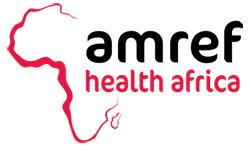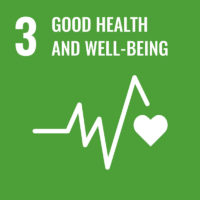Expanding Disease Protection
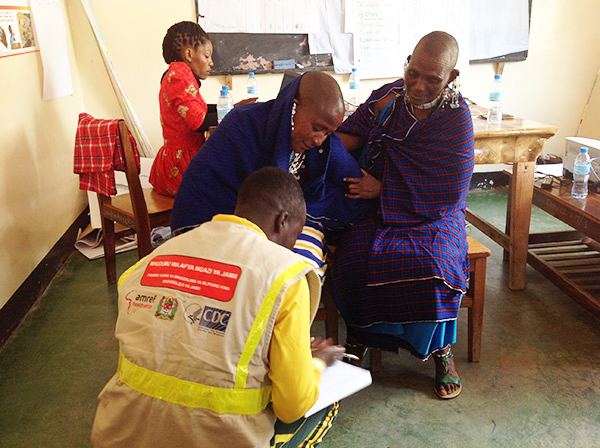
How can communities work together to stop outbreaks?
Amref Health Africa is currently partnering with the US Centers for Disease Control and Prevention (CDC) to prevent disease outbreaks at the community level in Tanzania. The project is part of the CDC’s Global Health Security Agenda (GHSA), a push to strengthen systems that closely monitor diseases in communities. Its aim is to improve disease data collection, analysis, and communication between communities and health facilities which makes it easier to treat and prevent outbreaks.
Amref partners with the CDC to help identify challenges that prevent communities from detecting potential disease threats in the Arusha, Kilimanjaro, Kagera, Kigoma, Katavi and Mbeya regions in Tanzania.
Through the project, we trained 669 Community Health Volunteers (CHVs) and 132 health workers Community Based Surveillance (CBS) system. This system exposes the presence of diseases early, improves warning systems so that people are more aware, and ensures the reliable communication of this information from communities to local health facilities all the way up to national-level hospitals.
CHVs are trained to make household visits in their community and identify early symptoms of diseases. At these household visits, CHVs are trained to provide health education on how to prevent disease as well as to identify any troubling symptoms. They are also trained to provide referrals to nearby clinics and health facilities for treatment, and to report the disease cases to trained health workers like nurses.
Health workers like nurses are trained to identify diseases, provide improved treatment to patients, and to record and report cases of diseases that will be collected at both local-level and national-level databases.
Amref is also preventing disease outbreaks through the use of the Tanzanian Ministry of Health’s Event Based Surveillance (EBS) guideline. The guide includes reporting tools that make it easy for CHVs and health workers to collect information on diseases, and a toll-free number that they can call at any time to report cases of disease and potential outbreaks. This enables a rapid response to potential outbreaks.
CHVs are now able to quickly report the suspected presence of diseases like measles and cholera and symptoms like hemorrhagic fevers. In 2019, we saw an increase in the number of disease cases that CHVs referred to health facilities for treatment.
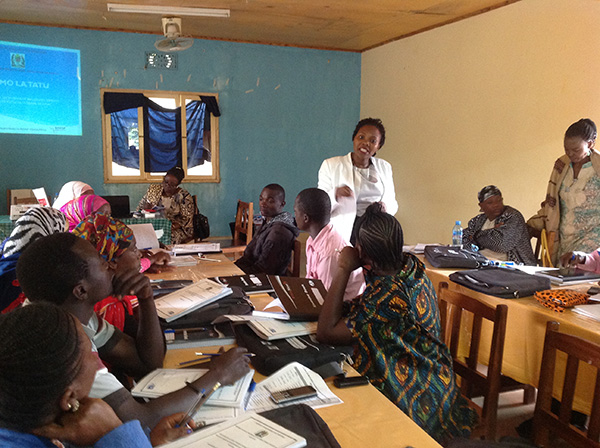
The number of cases reported and treated, including cases of anthrax, rabies and cholera
The number of households reached with health education
Amani, a CHV in Moshi, Tanzania says that through her training, she and the health workers in her area prevented a deadly anthrax outbreak:
“The people in my village are now aware that they can get Anthrax by handling contaminated animal or animal products and eating the meat of infected or dead animals. They are now able to help prevent the spread of the outbreak. I thank the district health team who are very reactive as soon as they receive information about outbreaks in our villages. I feel appreciated because I know that whenever I report about outbreak rumors in my village, the health facility and district act on it and treat it as an urgent matter.”
Advocate for Vaccines for All!
Currently, lower income countries are struggling to secure enough vaccines for their populations. Join us in demanding that the Biden Administration increase equity to the COVID-19 vaccine and donate all surplus vaccine doses to lower-income countries.
Help get the COVID-19 vaccines to communities in Africa.
